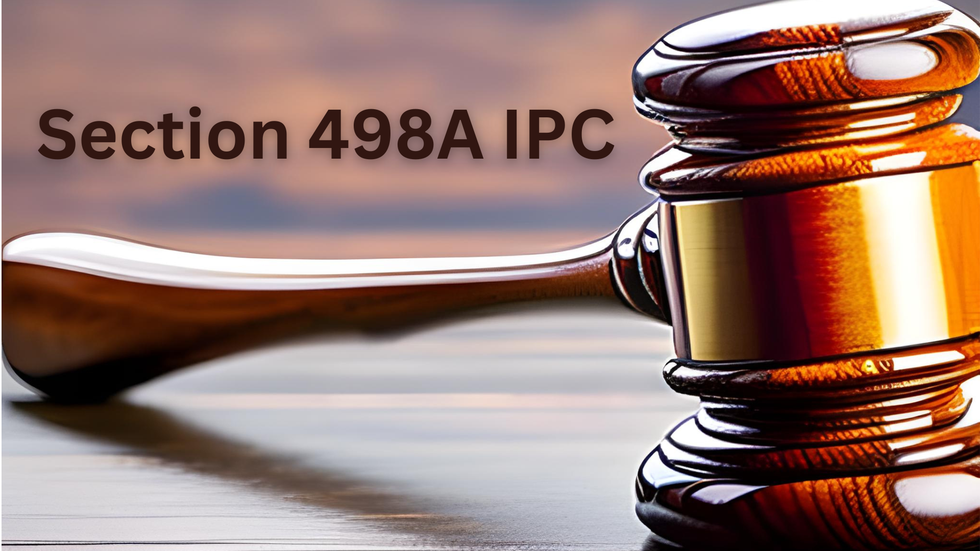The recent directive from the Supreme Court has urged the Central Government to reassess a newly enacted criminal law due to its striking resemblance to Section 498A of the Indian Penal Code (IPC). This directive has sparked discussions on the need to refine the legislation to avoid redundancy and ensure compatibility with evolving societal dynamics.
Concerns Raised by Supreme Court:
The Supreme Court bench, led by the Chief Justice, expressed apprehensions regarding the replication of Section 498A in the new law. The Court emphasized that such duplication could lead to confusion and potentially dilute the effectiveness of existing legal frameworks.
Background on Section 498A:
Section 498A of the IPC addresses cruelty against married women, particularly related to dowry harassment. This provision has been a subject of considerable debate, with proponents advocating for its retention as a means to protect women’s rights, while critics raise concerns about its potential for misuse.
Judiciary’s Role in Scrutinizing Legislative Measures:
The intervention by the Supreme Court underscores the judiciary’s responsibility in scrutinizing legislative measures to uphold the integrity and efficacy of the legal system. It emphasizes the necessity of a balanced approach that ensures justice while addressing emerging societal challenges.
Centre’s Response and Pledge for Review:
In response to the Court’s directive, the Central Government has committed to reviewing the new criminal law in consultation with legal experts and stakeholders. The objective is to align the legislation with constitutional principles and serve the interests of justice without duplicating existing legal provisions.
Anticipated Revisions and Stakeholder Expectations:
Stakeholders anticipate a comprehensive revision of the legislation to address the concerns raised by the Supreme Court and reflect the evolving needs of society in combating crime and ensuring gender justice.
Multiple Choice Questions (MCQs):
- What prompted the recent directive from the Supreme Court to the Central Government?
a) Concerns over the duplication of Section 498A in a new criminal law
b) Concerns over the misuse of Section 498A in the Indian Penal Code
c) Suggestions to strengthen Section 498A with additional provisions
d) None of the above
Answer: a) Concerns over the duplication of Section 498A in a new criminal law - What is the primary focus of Section 498A of the Indian Penal Code (IPC)?
a) Property disputes among married couples
b) Dowry harassment and cruelty against married women
c) Child marriage prevention
d) Domestic violence against men
Answer: b) Dowry harassment and cruelty against married women - What role does the Supreme Court emphasize regarding legislative measures?
a) Legislative execution
b) Legislative scrutiny
c) Legislative promotion
d) Legislative enforcement
Answer: b) Legislative scrutiny - What is the Central Government’s response to the Supreme Court’s directive?
a) Ignored the directive
b) Committed to reviewing the new criminal law
c) Dismissed concerns raised by the Court
d) None of the above
Answer: b) Committed to reviewing the new criminal law
